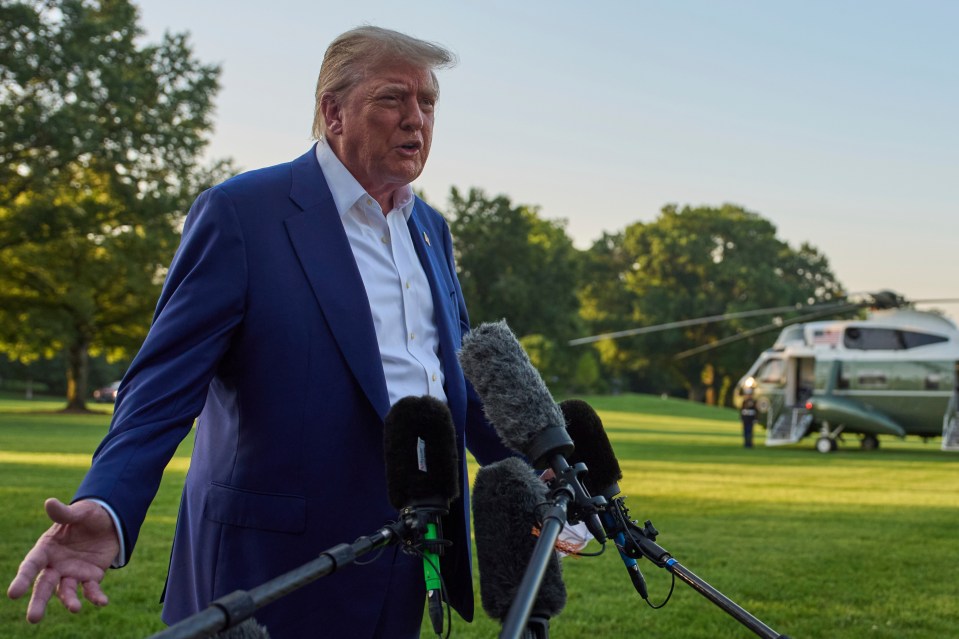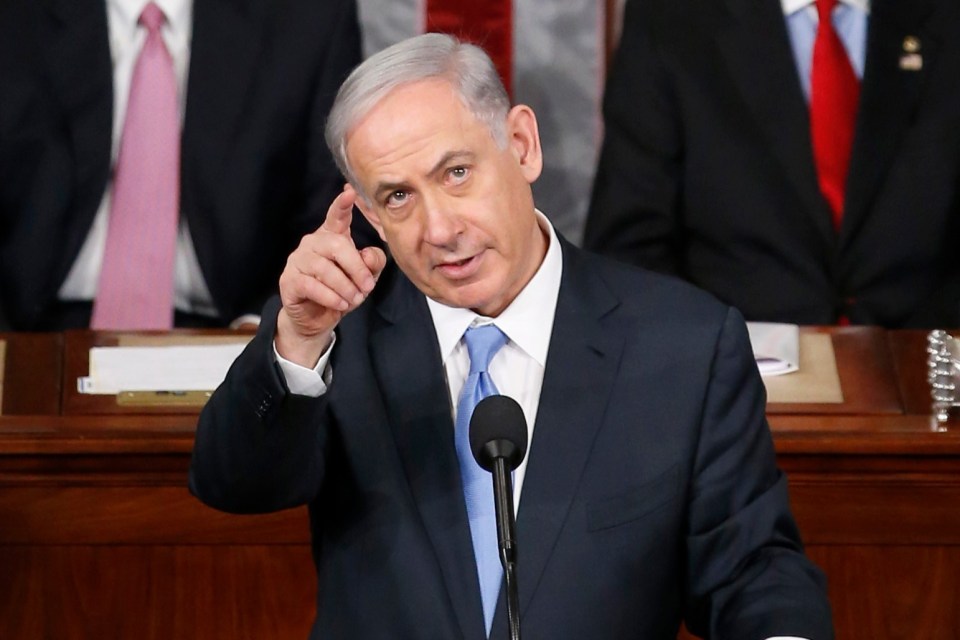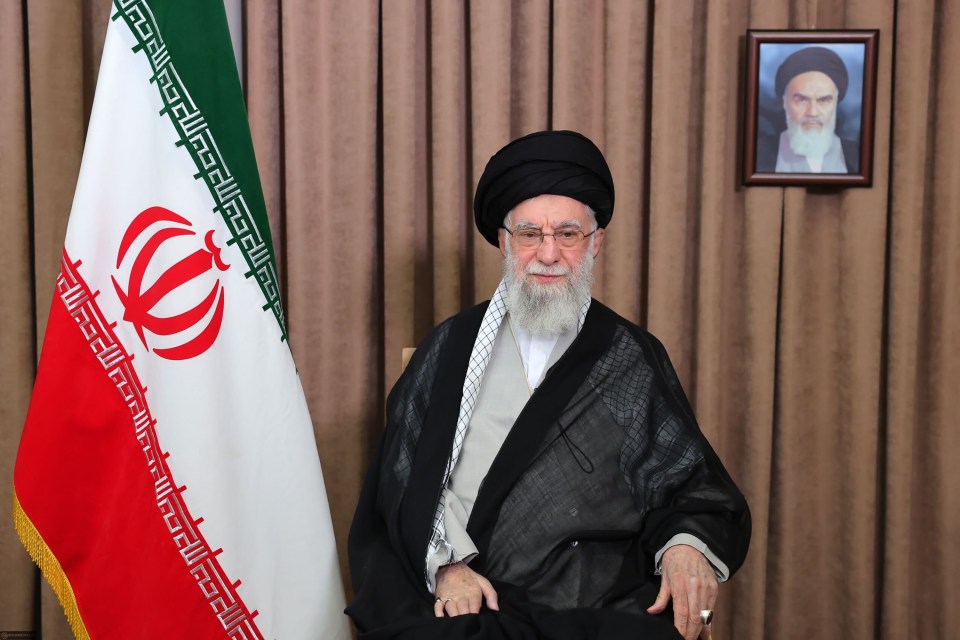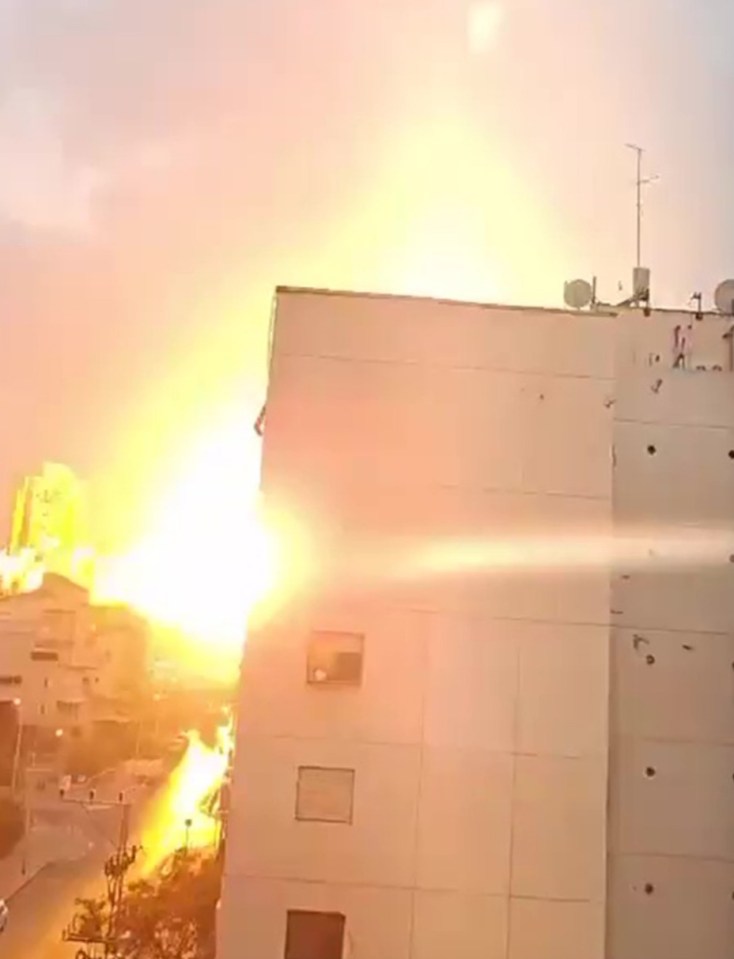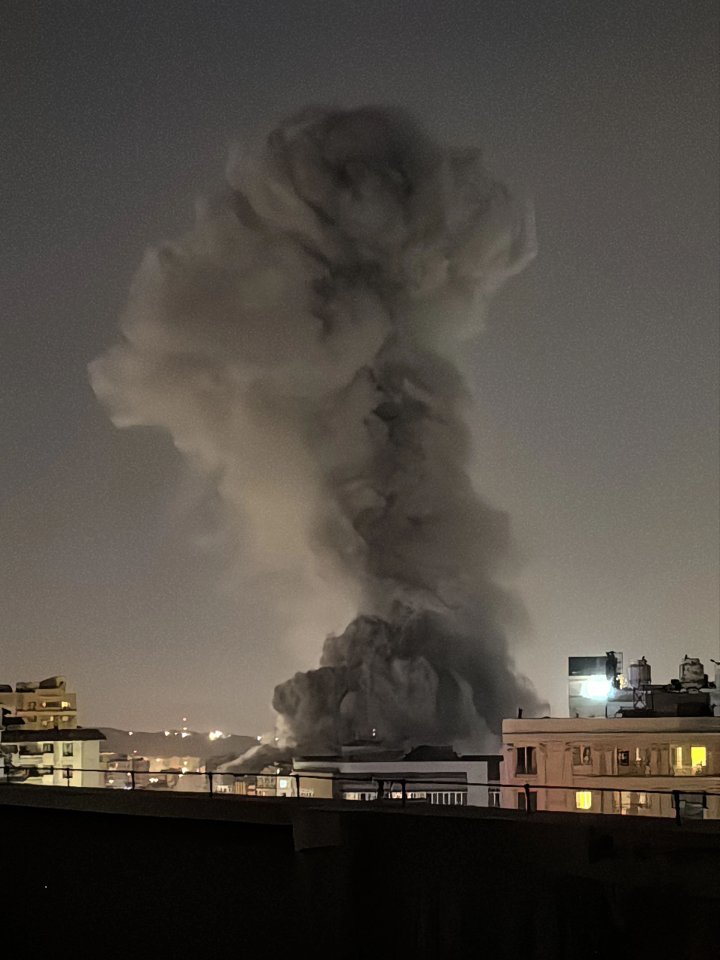DONALD Trump’s style is diplomacy on steroids.
There’s a concept known as Trump Time, which is three times faster than everybody else wants to move at.
Generally, that creates disasters, but given the law of averages, that sort of disruption sometimes works out.
Despite his F-bomb attack on Israel and Iran for breaking the ceasefire, the events of the last few days could turn into a diplomatic triumph for President Trump.
He took a massive military risk at the weekend to bomb three Iranian sites using B-2 bombers carrying their Massive Ordnance Penetrator bombs, alongside 30 Tomahawk cruise missiles fired from an Ohio-class submarine, probably the USS Georgia cruising somewhere under the Arabian Sea.
If US action has not effectively destroyed the Iranian nuclear programme, it has certainly set it back a long way.
READ MORE OPION FROM THE SUN
When the Iranians responded with an attack on the US airbase in Qatar in a rather careful and measured way, we all wondered what Trump would do.
Would he ignore it or authorise more American airstrikes against Iran?
When he suddenly announced an overnight ceasefire, presumably negotiated over the telephone, it was fairly astonishing – Trump Time again.
But immediate ceasefires tend not to be very stable.
Ceasefires usually take some time to negotiate so everybody knows what’s supposed to happen and when it’s supposed to happen.
A monitoring mechanism is needed to make sure it doesn’t fall apart by accident.
Even though Trump claimed Israel and Iran “don’t know what the f*** they are doing” and ordered the Israelis “do not DROP those bombs”, he effectively put an end to this immediate round of warfare between them.
If that all holds, whether you like Trump or not, you would have to say that’s a very positive result.
He could now be in a position to preside over a remoulding of Middle Eastern politics.
It could all go spectacularly wrong, of course, but at the moment President Trump goes to the NATO summit with a sense of triumph in his Middle Eastern policy.
Twenty-four hours earlier it looked as if this issue would wreck the summit by taking it over and exposing enormous differences between Europe and America.
Now he might be in a position to leave the NATO summit with a triumph in the Middle East and having strong-armed the Europeans into putting 5 per cent of their GDP into defence.
That would be a great headline to take back to Washington, where the plaudits would be loud indeed.
It’s all high-risk diplomacy, of course, that could go wrong pretty quickly.
But that’s the way he operates.


